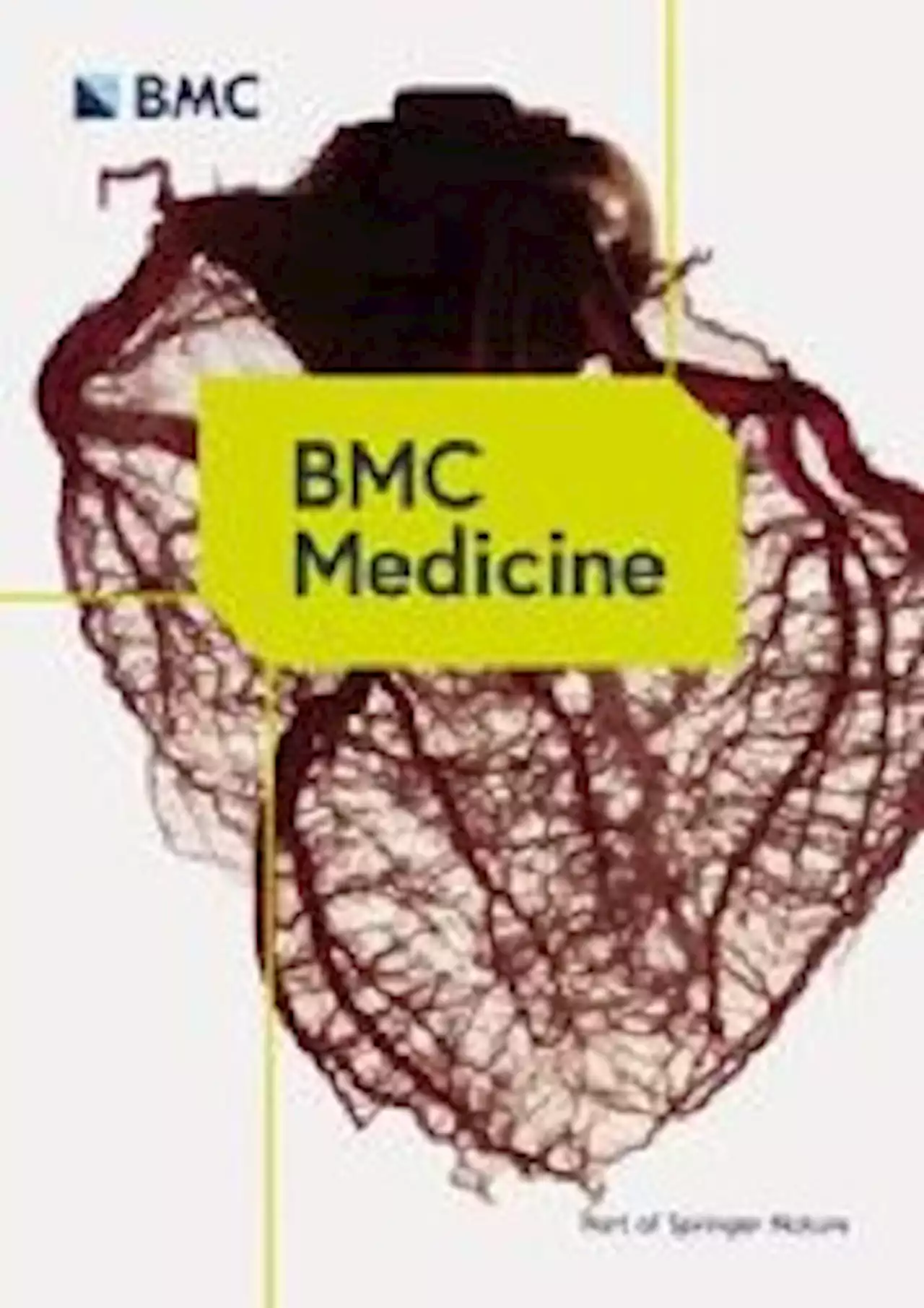In school-aged children, outdoor time, sleep duration and out-of-school learning time are associated with academic performance in a non-linear manner, finds a study published in BMCPublicHealth
Time spent outdoors was closely related to the academic burden. Chinese parents conventionally hold the view that outdoor activities would reduce the time available for learning and thus result in poor academic performance. Furthermore, Chinese schools always put restrictions on students’ outdoor time arising from the class break and physical education class for the sake of promotion of academic performance.
Data were not gathered during January and February 2018 as this period coincided with winter vacation. All participants were required to wear the wristwatches during daytime from March to December 2018. Data on luminance, ultraviolet light, step count and weather condition were collected with the wristwatches and transmitted to a computer terminal every minute.
Australia Latest News, Australia Headlines
Similar News:You can also read news stories similar to this one that we have collected from other news sources.
 The Lancashire neighbourhood with the highest Covid rate in the countyLatest figures from Public Health England show the infection rates for every part of Lancashire
The Lancashire neighbourhood with the highest Covid rate in the countyLatest figures from Public Health England show the infection rates for every part of Lancashire
Read more »
 Mental health blogger: 'Paddling around Scotland is a delight'Mental health blogger Nick Ray continues his kayak trip around Scotland, despite a health scare.
Mental health blogger: 'Paddling around Scotland is a delight'Mental health blogger Nick Ray continues his kayak trip around Scotland, despite a health scare.
Read more »
 Identifying the potential causal role of insomnia symptoms on 11,409 health-related outcomes: a phenome-wide Mendelian randomisation analysis in UK Biobank - BMC MedicineBackground Insomnia symptoms are widespread in the population and might have effects on many chronic conditions and their risk factors but previous research has focused on select hypothesised associations/effects rather than taking a systematic hypothesis-free approach across many health outcomes. Methods We performed a Mendelian randomisation (MR) phenome-wide association study (PheWAS) in 336,975 unrelated white-British UK Biobank participants. Self-reported insomnia symptoms were instrumented by a genetic risk score (GRS) created from 129 single-nucleotide polymorphisms (SNPs). A total of 11,409 outcomes from UK Biobank were extracted and processed by an automated pipeline (PHESANT) for the MR-PheWAS. Potential causal effects (those passing a Bonferroni-corrected significance threshold) were followed up with two-sample MR in MR-Base, where possible. Results Four hundred thirty-seven potential causal effects of insomnia symptoms were observed for a diverse range of outcomes, including anxiety, depression, pain, body composition, respiratory, musculoskeletal and cardiovascular traits. We were able to undertake two-sample MR for 71 of these 437 and found evidence of causal effects (with directionally concordant effect estimates across main and sensitivity analyses) for 30 of these. These included novel findings (by which we mean not extensively explored in conventional observational studies and not previously explored using MR based on a systematic search) of an adverse effect on risk of spondylosis (OR [95%CI] = 1.55 [1.33, 1.81]) and bronchitis (OR [95%CI] = 1.12 [1.03, 1.22]), among others. Conclusions Insomnia symptoms potentially cause a wide range of adverse health-related outcomes and behaviours. This has implications for developing interventions to prevent and treat a number of diseases in order to reduce multimorbidity and associated polypharmacy.
Identifying the potential causal role of insomnia symptoms on 11,409 health-related outcomes: a phenome-wide Mendelian randomisation analysis in UK Biobank - BMC MedicineBackground Insomnia symptoms are widespread in the population and might have effects on many chronic conditions and their risk factors but previous research has focused on select hypothesised associations/effects rather than taking a systematic hypothesis-free approach across many health outcomes. Methods We performed a Mendelian randomisation (MR) phenome-wide association study (PheWAS) in 336,975 unrelated white-British UK Biobank participants. Self-reported insomnia symptoms were instrumented by a genetic risk score (GRS) created from 129 single-nucleotide polymorphisms (SNPs). A total of 11,409 outcomes from UK Biobank were extracted and processed by an automated pipeline (PHESANT) for the MR-PheWAS. Potential causal effects (those passing a Bonferroni-corrected significance threshold) were followed up with two-sample MR in MR-Base, where possible. Results Four hundred thirty-seven potential causal effects of insomnia symptoms were observed for a diverse range of outcomes, including anxiety, depression, pain, body composition, respiratory, musculoskeletal and cardiovascular traits. We were able to undertake two-sample MR for 71 of these 437 and found evidence of causal effects (with directionally concordant effect estimates across main and sensitivity analyses) for 30 of these. These included novel findings (by which we mean not extensively explored in conventional observational studies and not previously explored using MR based on a systematic search) of an adverse effect on risk of spondylosis (OR [95%CI] = 1.55 [1.33, 1.81]) and bronchitis (OR [95%CI] = 1.12 [1.03, 1.22]), among others. Conclusions Insomnia symptoms potentially cause a wide range of adverse health-related outcomes and behaviours. This has implications for developing interventions to prevent and treat a number of diseases in order to reduce multimorbidity and associated polypharmacy.
Read more »
 Newcastle United owners now go public - Discussions with architects on plans for St James' ParkNewcastle United owners now go public - Discussions with architects on plans for St James' Park nufc
Newcastle United owners now go public - Discussions with architects on plans for St James' ParkNewcastle United owners now go public - Discussions with architects on plans for St James' Park nufc
Read more »
 PSNI officer and member of public hurt in alleged 'biting' attackWhen officers arrived they found the accused biting a victim on the leg, according to a police statement
PSNI officer and member of public hurt in alleged 'biting' attackWhen officers arrived they found the accused biting a victim on the leg, according to a police statement
Read more »
